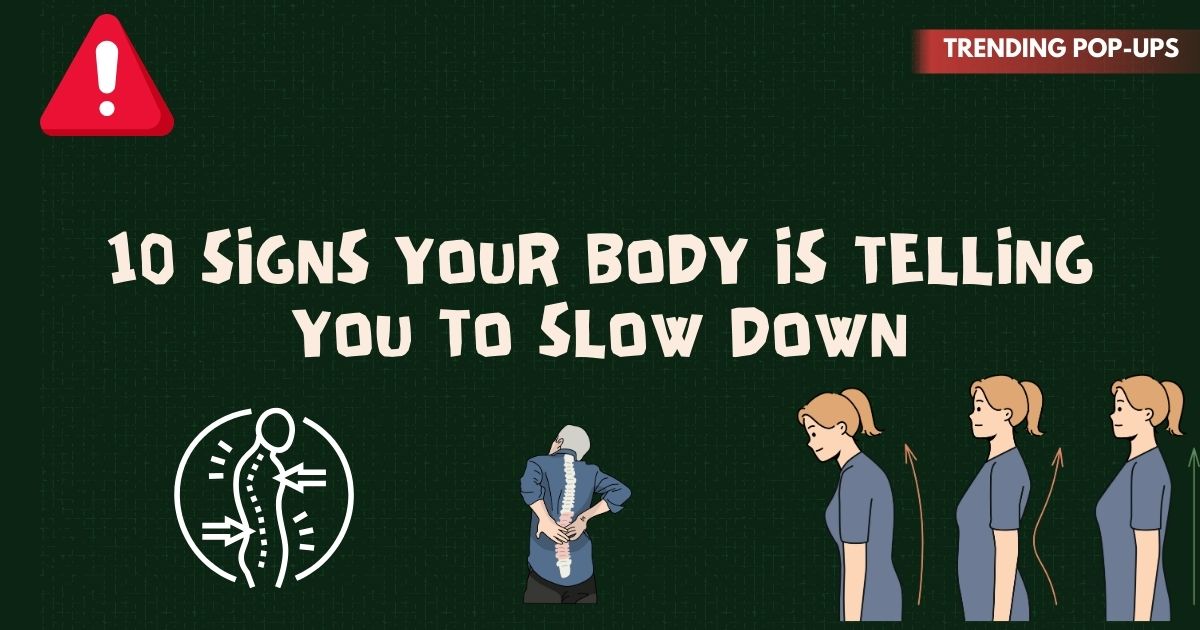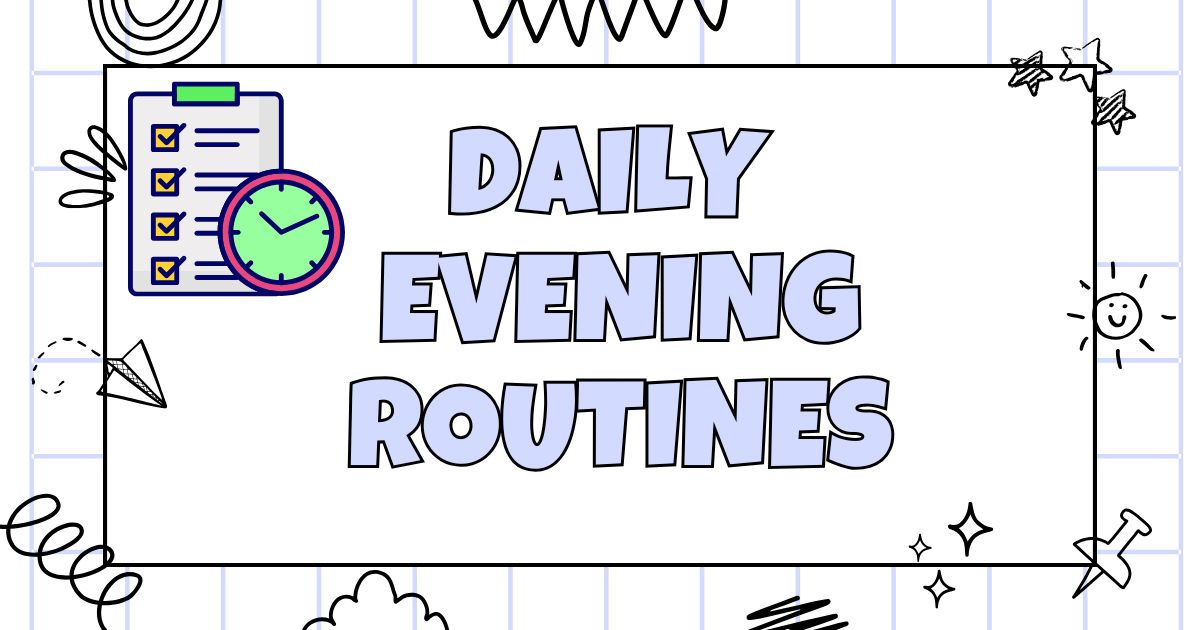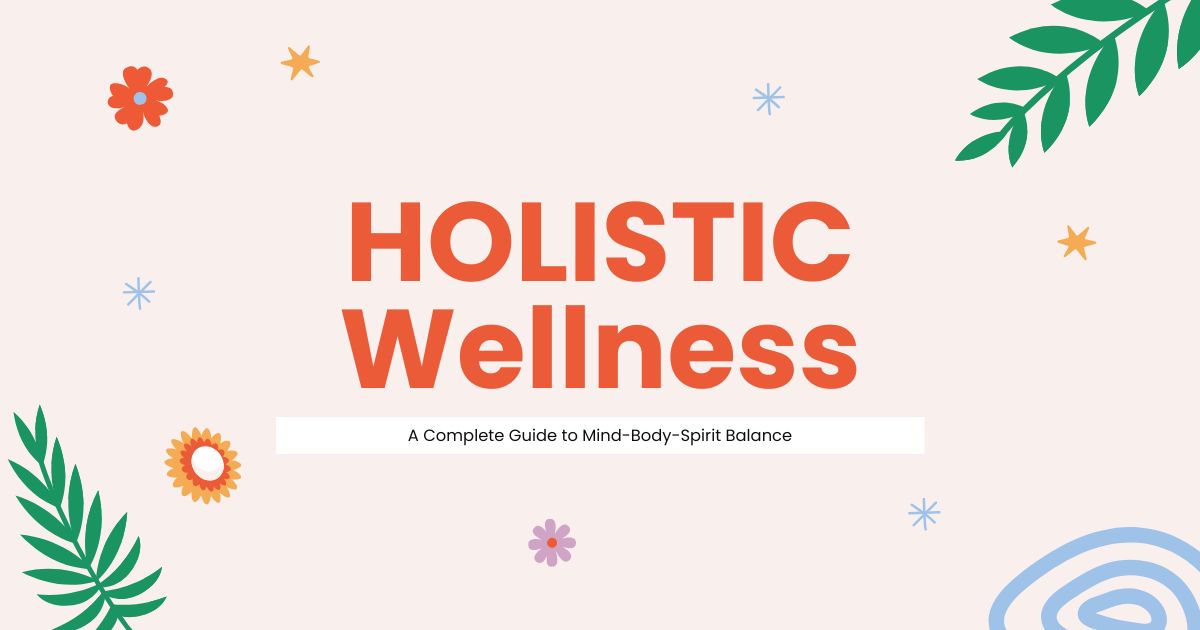Life today is fast-paced, and while productivity is valued, pushing yourself too hard can take a serious toll on your physical and mental well-being. Often, your body gives subtle (and sometimes not-so-subtle) signals that it needs rest, recovery, and balance. Ignoring these signs can lead to burnout, chronic stress, or even long-term health issues.
In this article, we’ll explore 10 clear signs your body is telling you to slow down, along with practical steps to restore balance and protect your overall health.
1. Constant Fatigue
If you wake up feeling exhausted even after a full night’s sleep, your body may be overworked. Fatigue is often the first signal that you are pushing yourself too far. When stress hormones remain elevated, it disrupts your natural sleep cycle, leaving you drained throughout the day.
What to do: Prioritize quality sleep by maintaining a regular schedule, limiting screen time before bed, and allowing your body enough rest.
2. Frequent Headaches
Tension headaches or migraines can be a red flag. Stress, overwork, and dehydration often contribute to recurring headaches, reminding you to pause and reset.
What to do: Stay hydrated, practice relaxation techniques such as meditation or deep breathing, and take breaks from screens and intense tasks.
3. Trouble Concentrating
If you find it difficult to focus, forget things easily, or constantly feel mentally foggy, your brain may be overloaded. Cognitive decline is one of the body’s ways of urging you to slow down.
What to do: Step away from multitasking, practice mindfulness, and give your brain downtime to process and recover.
4. Increased Irritability or Mood Swings
Do you feel easily irritated or emotionally unstable? When your nervous system is under strain, even small issues may feel overwhelming. This is your body’s way of signaling mental burnout.
What to do: Incorporate calming practices such as journaling, yoga, or spending time outdoors to stabilize your mood.
5. Muscle Tension and Body Aches
Stress manifests physically, often as tight shoulders, stiff neck, or unexplained body aches. Prolonged tension may even weaken your immune system.
What to do: Regular stretching, massages, or gentle exercise like walking can release built-up tension and help your body relax.
6. Changes in Appetite or Digestion
Stress and overexertion often impact your digestive system, leading to symptoms like nausea, indigestion, bloating, or loss of appetite.
What to do: Eat balanced, nutrient-rich meals at regular intervals and avoid processed foods. Slow eating and mindful nutrition can restore digestive balance.
7. Weakened Immune System
If you’re catching colds more often than usual or struggling to recover from minor illnesses, your immune system may be compromised by chronic stress and exhaustion.
What to do: Strengthen your immunity with proper rest, hydration, a vitamin-rich diet, and reducing unnecessary stressors.
8. Irregular Sleep Patterns
Struggling with insomnia, waking up in the middle of the night, or oversleeping are all signs your body is crying for balance. Disrupted sleep cycles can impact both physical health and emotional stability.
What to do: Create a calming bedtime routine—limit caffeine intake, avoid heavy meals late at night, and disconnect from electronic devices.
9. Lack of Motivation
When you feel unmotivated or uninterested in activities you once enjoyed, it may not just be laziness—it could be burnout. Your body and mind are urging you to recharge.
What to do: Take breaks, engage in hobbies you enjoy, and give yourself permission to rest without guilt.
10. Shortness of Breath or Heart Palpitations
If you experience difficulty breathing, chest tightness, or rapid heartbeats without physical exertion, stress and fatigue may be overburdening your cardiovascular system.
What to do: Practice breathing exercises, consult a doctor for evaluation, and avoid stimulants like excess caffeine.
Why Slowing Down Matters
Ignoring these warning signs can lead to chronic illnesses, burnout, and reduced quality of life. Slowing down doesn’t mean you’re unproductive—it means you’re prioritizing your health so you can perform at your best.
Simple steps such as setting boundaries, practicing mindfulness, and nurturing healthy daily habits can dramatically improve your physical and mental well-being.
Also Read : FDA Approves COVID Vaccines for High-Risk Individuals
FAQs
1. How do I know if I am overworking my body?
If you experience persistent fatigue, mood swings, or frequent health issues, it’s a strong indication that your body needs more rest and balance.
2. Can stress really affect physical health?
Yes, stress can contribute to headaches, digestive problems, weakened immunity, and even long-term conditions like heart disease.
3. How can I slow down without feeling unproductive?
Slowing down doesn’t mean stopping. It means prioritizing tasks, taking short breaks, and ensuring you balance productivity with self-care.
4. What are simple ways to relax daily?
Try meditation, journaling, deep breathing exercises, short walks, or even unplugging from social media for a few hours.
5. When should I seek medical help for these signs?
If symptoms like chest pain, extreme fatigue, or insomnia persist despite lifestyle changes, consult a healthcare professional.



